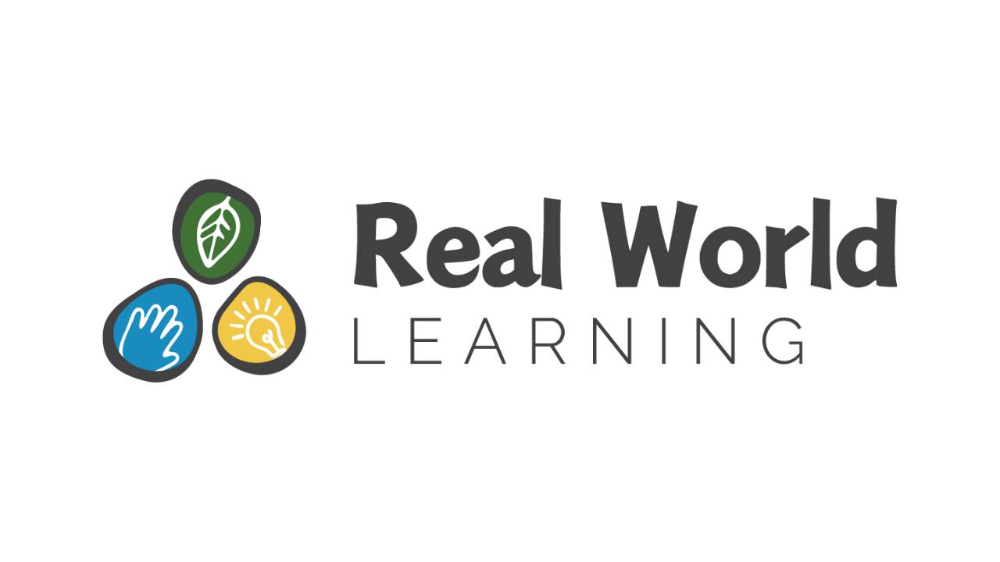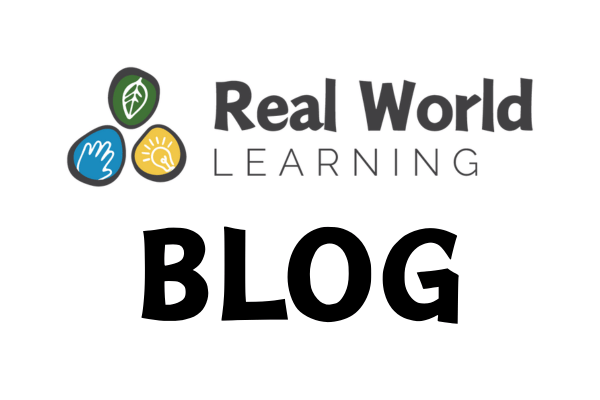Starting Your ECEC Sustainability Journey: A Leader's Guide to Taking the First Steps

As an early childhood education leader, you know sustainability matters - it's in the Framework, the NQF, and families are coming to expect it. But putting out a recycling bin and hoping for the best isn't enough anymore. You want to do more, but where do you start?
Having worked with numerous early childhood services, I've seen firsthand how sustainability can feel overwhelming. But I've also witnessed the transformative impact when centres get it right. In a world where sustainability challenges grow increasingly complex, your early childhood service has unparalleled potential to be a true change-maker.
Why Your Role Matters More Than You Think
Think about it - there are very few other places where you can have such a profound impact on how people understand the world and their place in it. When you help children develop sustainable mindsets and behaviours early, you're not just meeting framework requirements - you're shaping the future. Imagine your centre as a place where sustainability isn't just taught, but lived - where children naturally develop sustainability habits, where your team feels confident and engaged, and where families appreciate your leadership in this crucial area.
Breaking Down the Barriers
I understand that embedding sustainability can feel daunting. Here's the good news: you don't need to have all the answers figured out right now. Let's tackle the most common challenges head-on:
Managing the Overwhelm
Start small and celebrate progress. Sustainability isn't an all-or-nothing proposition - it's about consistent, incremental improvements. When you break it down into manageable steps, what seems overwhelming becomes achievable.
Building Team Confidence and Knowledge
Many educators feel they need to be sustainability experts before taking action. The truth is, the most successful sustainability journeys start with curiosity and willingness to learn. Create a culture of co-learning where educators, children, and families discover together. Share wins, learn from setbacks, and celebrate the questions that drive deeper understanding.
Navigating Team Resistance
Change can be uncomfortable, and you might hear responses like "we're already too busy" or "this is just another thing to add to our plate." The key is to start with your enthusiastic early adopters. Let their success and enthusiasm naturally inspire others. Show how sustainability connects to existing practices rather than adding extra work. When educators see how sustainability enhances rather than burdens their practice, resistance naturally diminishes.
Getting Everyone on the Same Page
Sustainability means different things to different people. The key is establishing a shared understanding within your team. It's not just about "being green" - it encompasses environmental, social, economic, and cultural aspects. This broader view makes it easier for your entire team to connect with and contribute to your sustainability goals.
Building on Your Strengths
Every educator brings unique strengths to the table. One might be brilliant at storytelling, another at outdoor projects, and someone else might excel at family engagement. When you tap into these individual strengths, sustainability becomes a natural extension of what you're already doing well.
🔥 HOT TIP: Focus on progress, not perfection. Create safe spaces for educators to experiment, ask questions, and learn together. Sometimes the best sustainability initiatives come from unexpected places and people.
Your First Steps Framework
Here's your clear path forward - no overwhelm, just practical progress:
Step 1: Discover Your Hidden Wins
Look at your current practice through a sustainability lens. You're probably doing more than you think. Those community connection projects? That's social sustainability. Your resource-saving initiatives? Economic sustainability. Start by recognizing and building on these existing efforts.
Step 2: Create Quick Momentum
Small actions can spark big changes. Choose one or two simple initiatives that can show visible results within weeks. This builds confidence and gets others excited to join in.
Step 3: Build Your Sustainability Team
Sustainability thrives on collaboration. Identify team members who show interest or passion for different aspects of sustainability. Give them ownership of initiatives that match their strengths. Remember, this isn't a one-person job - it's a community journey.
🔥 HOT TIP: Action creates motivation. Start with doing rather than planning. When people see positive changes happening, they naturally want to get involved.
Your Next Step Starts Here
You don't need to transform everything overnight. What you need is a collection of practical, achievable ideas to get started. That's exactly why I've created the "25 Ideas for Starting Sustainability" guide. It's a free resource packed with initiatives that go beyond the basic recycling and composting - ideas you can start implementing today.
Ready to take that first step? Download your free "25 Ideas for Starting Sustainability" guide now and discover simple, effective ways to make sustainability come alive in your centre. These are ideas that have worked for other centres just like yours, and they're waiting for you to put them into action.
Download Your Free Ideas Guide Now
Remember, every significant change starts with a single step. Your journey to becoming a sustainability leader in early childhood education begins here.
Next Gen Sustainability is Here!
Sustainability Made Simple.
The Next Gen Sustainability Program Makes Integrating Sustainable Practices Across Your Early Childhood Education and Care Setting Engaging and Effective.
Create a learning environment where children develop a deep connection to nature, an understanding of their role in protecting the planet, and the skills to make responsible choices as global citizens for sustainability.
Embedding sustainability is more than just another box to tick—it’s the key to creating a lasting impact for our children, your team and community.
But where do you start? How do you make sustainability practical, meaningful, and engaging?
The Next Gen Sustainability Program will guide you through a proven process that engages others, builds knowledge, inspires action and creates impact. The Program is customised to meet the specific needs and goals of your Service.



